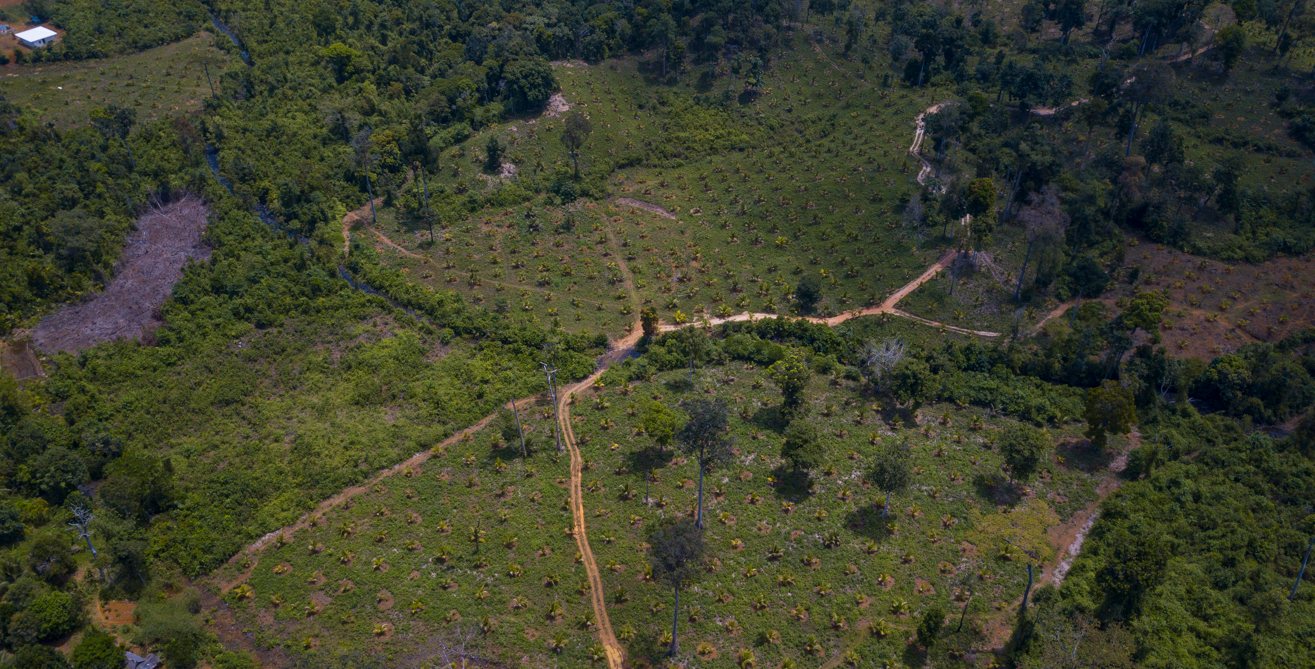
In a world increasingly conscious of environmental sustainability, regenerative agriculture shines as a promising solution. This farming approach, which prioritizes soil enrichment, biodiversity enhancement, and long-term farming viability, is championed by Lionheart Farms. Located in Palawan, Philippines, Lionheart Farms exemplifies the transformative impact of regenerative agriculture on local communities and the environment.
Regenerative Agriculture Explained:
Regenerative agriculture is centered around revitalizing and improving soil health. Unlike traditional farming methods that can deplete soil nutrients, regenerative practices aim to boost soil fertility over time through techniques like cover cropping, crop rotation, and minimal soil disturbance.
Lionheart Farms and Regenerative Practices
Under the leadership of CEO Christian Eyde Moeller, Lionheart Farms has become a pioneer of sustainable and regenerative farming in the Philippines. The farm’s commitment to these practices is evident in its approach to coconut farming, a significant agricultural activity in the region.
Collaborative Farming via Nucleus Estate model
Lionheart Farms has adopted the principle of collaborative farming through its Nucleus Estate model, establishing partnerships with thousands of small farmers in Palawan to create a network that promotes shared knowledge and resources.
Specialization and Diversification
The farm advocates for crop specialization and diversification, moving beyond monoculture farming. This approach not only ensures the resilience of their farming practices but also contributes to the overall health of the ecosystem.
Sustainable Land Management
Techniques such as minimal tillage and cover cropping are implemented to prevent soil erosion and enhance soil structure. These practices not only retain soil moisture but also contribute to carbon sequestration.
Economic Upliftment
Beyond environmental benefits, regenerative agriculture at Lionheart Farms has led to economic upliftment. By increasing productivity and income for small farmers, the farm demonstrates that sustainability and profitability can coexist.
Regenerative Agriculture and Climate Resilience
As the world confronts the impacts of climate change, regenerative agriculture emerges as a powerful tool for building climate-resilient food systems. By promoting soil health, these practices enhance the land’s ability to withstand extreme weather events, such as droughts or heavy rainfall.
Global Impact Through Sustainable Practices
Lionheart Farms’ vision extends beyond local boundaries. The upcoming launch of a direct-to-consumer platform underscores their commitment to promoting Filipino products worldwide. By integrating sustainability into their products, the farm not only caters to the demand for high-quality goods but also showcases the potential for sustainable and regenerative practices on a global scale.
Regenerative agriculture is more than just a farming method; it’s a commitment to the future. Lionheart Farms exemplifies how these practices can be woven into the fabric of a community, fostering environmental and economic well-being. As the world seeks models of sustainable agriculture, Lionheart Farms stands tall, a testament to the transformative power of regenerative practices in the heart of Palawan.




